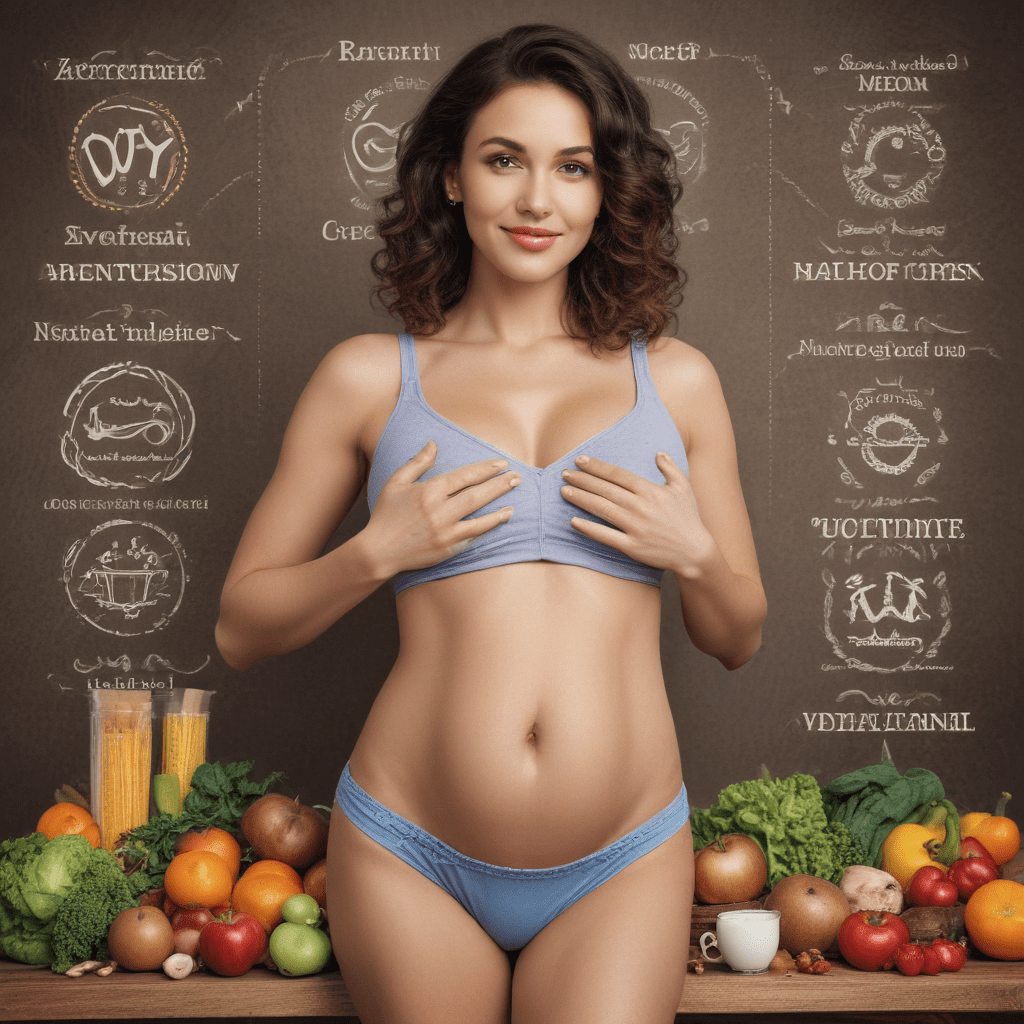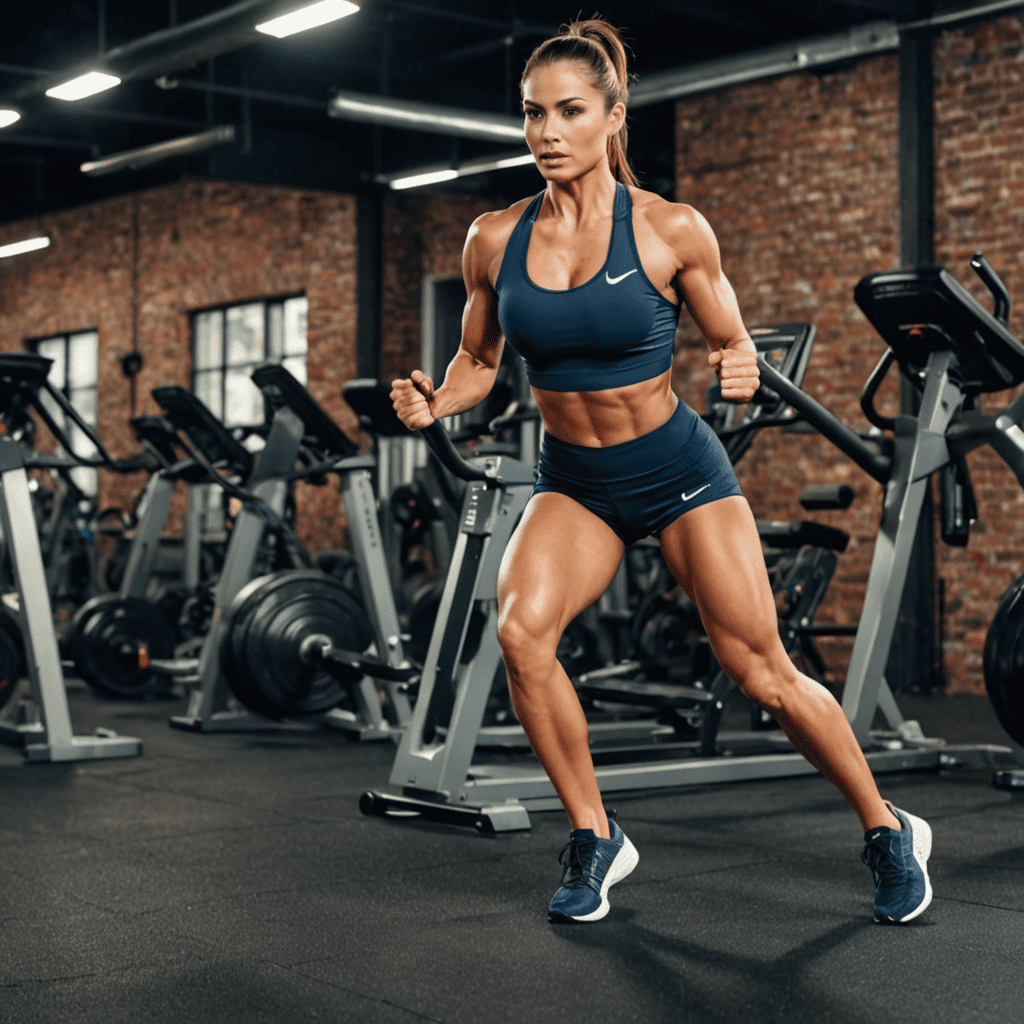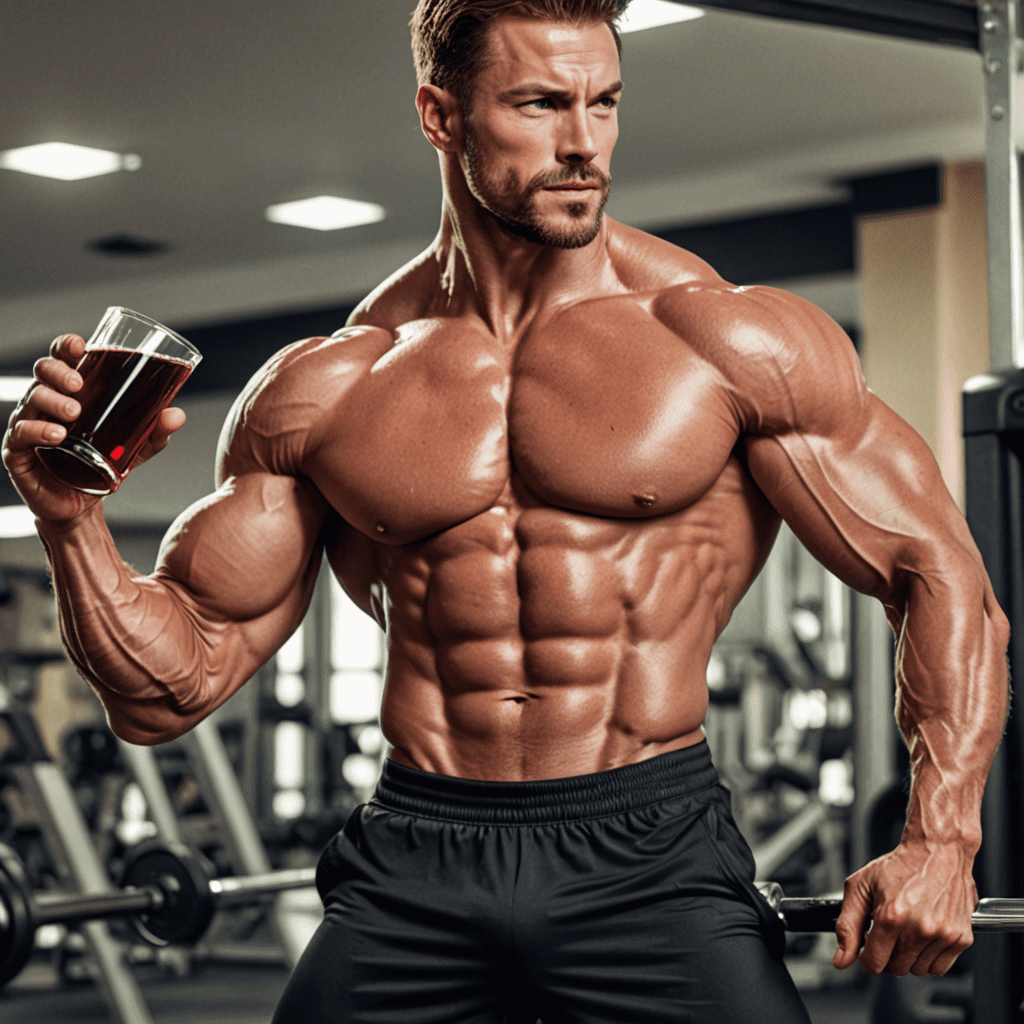
Pregnancy Nutrition for Vegetarian and Vegan Moms
1. Introduction
Congratulations on your pregnancy! As a vegetarian or vegan mom-to-be, you may have questions about how to get the nutrients you and your baby need during this special time. This guide will provide you with information about the nutritional needs of pregnant women, essential nutrients for vegetarians and vegans, and how to ensure you are getting enough of these important nutrients through your diet.
2. Nutritional Needs During Pregnancy
During pregnancy, your body needs more of certain nutrients to support the growth and development of your baby. These nutrients include protein, iron, calcium, vitamin D, and omega-3 fatty acids.
3. Essential Nutrients for Vegetarians and Vegans
Vegetarians and vegans need to pay special attention to getting enough of certain nutrients that can be difficult to obtain from plant-based sources. These include:
- Protein: Protein is essential for building and repairing tissues. Good vegetarian and vegan sources of protein include beans, lentils, tofu, tempeh, nuts, and seeds.
- Iron: Iron is needed to carry oxygen to your baby. Good vegetarian and vegan sources of iron include leafy green vegetables, beans, lentils, fortified cereals, and dried fruit.
- Calcium: Calcium is important for building strong bones and teeth. Good vegetarian and vegan sources of calcium include leafy green vegetables, tofu, fortified plant milks, and almonds.
- Vitamin D: Vitamin D helps your body absorb calcium. Good sources of vitamin D include fortified plant milks, fatty fish, and exposure to sunlight.
- Omega-3 fatty acids: Omega-3 fatty acids are important for brain development. Good vegetarian and vegan sources of omega-3 fatty acids include flaxseeds, chia seeds, and walnuts.
4. Vegetarian and Vegan Sources of Protein
Protein is an essential nutrient for pregnant women, and vegetarians and vegans can get plenty of protein from plant-based sources. Some good sources of protein for vegetarians and vegans include:
- Beans and lentils: Beans and lentils are an excellent source of protein, fiber, and iron. They can be enjoyed in soups, stews, salads, and dips.
- Tofu and tempeh: Tofu and tempeh are made from soybeans and are a good source of protein, iron, and calcium. They can be used in stir-fries, sandwiches, and salads.
- Nuts and seeds: Nuts and seeds are a good source of protein, healthy fats, and fiber. They can be enjoyed as a snack, added to yogurt or cereal, or used in baking.
- Whole grains: Whole grains are a good source of protein, fiber, and complex carbohydrates. They can be enjoyed in bread, pasta, rice, and cereals.
5. Iron and Vitamin B12 for Vegetarians and Vegans
Iron and vitamin B12 are two nutrients that can be difficult to obtain from plant-based sources. Vegetarians and vegans may need to take supplements to ensure they are getting enough of these nutrients.
- Iron: Iron is essential for carrying oxygen to your baby. Good vegetarian and vegan sources of iron include leafy green vegetables, beans, lentils, fortified cereals, and dried fruit. However, it is important to note that iron from plant-based sources is not as well absorbed as iron from animal sources. Vegetarians and vegans should aim to consume twice the amount of iron as recommended for omnivores.
- Vitamin B12: Vitamin B12 is important for cell growth and development. Good vegetarian and vegan sources of vitamin B12 include fortified plant milks, nutritional yeast, and some types of seaweed. However, it is difficult to get enough vitamin B12 from plant-based sources alone, so vegetarians and vegans should take a supplement.
6. Calcium and Vitamin D for Vegetarians and Vegans
Calcium and vitamin D are important for building strong bones and teeth. Vegetarians and vegans can get calcium from plant-based sources such as leafy green vegetables, tofu, fortified plant milks, and almonds. However, it is important to note that calcium from plant-based sources is not as well absorbed as calcium from dairy products. Vegetarians and vegans should aim to consume 1,000 mg of calcium per day.
Vitamin D helps your body absorb calcium. Good sources of vitamin D include fortified plant milks, fatty fish, and exposure to sunlight. However, it can be difficult to get enough vitamin D from these sources alone, so vegetarians and vegans should take a supplement, especially during the winter months.
7. Omega-3 Fatty Acids for Vegetarians and Vegans
Omega-3 fatty acids are important for brain development and can also help reduce the risk of postpartum depression. Good vegetarian and vegan sources of omega-3 fatty acids include flaxseeds, chia seeds, and walnuts. However, these sources do not contain the same type of omega-3 fatty acids as found in fish oil. Vegetarians and vegans may need to take a supplement containing DHA and EPA, which are two types of omega-3 fatty acids that are important for brain development.
8. Importance of Prenatal Vitamins
Prenatal vitamins are an important part of a healthy pregnancy diet. They contain essential nutrients that your baby needs to grow and develop, such as folic acid, iron, calcium, and vitamin D. Talk to your doctor about which prenatal vitamin is right for you.
9. Tips for Maintaining a Healthy Diet
Here are some tips for maintaining a healthy diet during pregnancy:
- Eat a variety of fruits, vegetables, and whole grains. This will ensure that you are getting all of the nutrients you need.
- Choose lean protein sources. Good vegetarian and vegan sources of protein include beans, lentils, tofu, tempeh, nuts, and seeds.
- Limit your intake of processed foods, sugary drinks, and unhealthy fats. These foods are high in calories and low in nutrients.
- Drink plenty of water. Water is essential for staying hydrated and for helping your body absorb nutrients.
- Listen to your body. If you are feeling hungry, eat. If you are feeling full, stop eating.
- Talk to your doctor or a registered dietitian. They can help you create a healthy meal plan that meets your individual needs.
10. Resources for Vegetarian and Vegan Expecting Mothers
There are many resources available to help vegetarian and vegan expecting mothers stay healthy and nourished during pregnancy. Some helpful resources include:
- The Vegetarian Resource Group: https://www.vrg.org/pregnancy/
- The American Dietetic Association: https://www.eatright.org/health/wellness/pregnancy/vegetarian-diet-during-pregnancy
- The National Institutes of Health: https://ods.od.nih.gov/factsheets/Vegetarian-Diet-Health- professionals/
FAQ
Q: Can I still be a vegetarian or vegan during pregnancy?
A: Yes, you can still be a vegetarian or vegan during pregnancy. It is important to make sure that you are getting enough of all the essential nutrients, but this can be done with careful planning and a healthy diet.
Q: What are some common challenges that vegetarian and vegan pregnant women face?
A: Some common challenges that vegetarian and vegan pregnant women face include getting enough protein, iron, calcium, vitamin D, and omega-3 fatty acids. However, these challenges can be overcome with careful planning and a healthy diet.
Q: What are some tips for staying healthy during pregnancy?
A: Some tips for staying healthy during pregnancy include eating a variety of fruits, vegetables, and whole grains; choosing lean protein sources; limiting your intake of processed foods, sugary drinks, and unhealthy fats; drinking plenty of water; listening to your body; and talking to your doctor or a registered dietitian.


